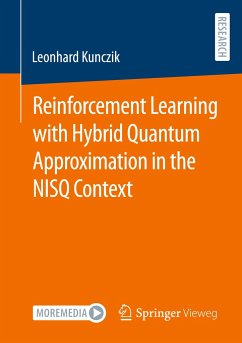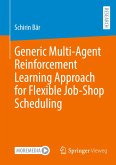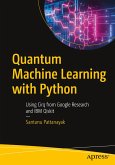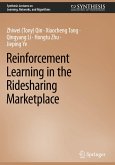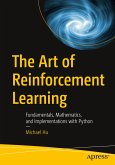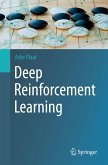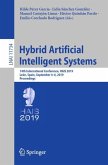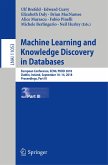This book explores the combination of Reinforcement Learning and Quantum Computing in the light of complex attacker-defender scenarios. Reinforcement Learning has proven its capabilities in different challenging optimization problems and is now an established method in Operations Research. However, complex attacker-defender scenarios have several characteristics that challenge Reinforcement Learning algorithms, requiring enormous computational power to obtain the optimal solution. The upcoming field of Quantum Computing is a promising path for solving computationally complex problems. Therefore, this work explores a hybrid quantum approach to policy gradient methods in Reinforcement Learning. It proposes a novel quantum REINFORCE algorithm that enhances its classical counterpart by Quantum Variational Circuits. The new algorithm is compared to classical algorithms regarding the convergence speed and memory usage on several attacker-defender scenarios with increasing complexity. In addition, to study its applicability on today's NISQ hardware, the algorithm is evaluated on IBM's quantum computers, which is accompanied by an in-depth analysis of the advantages of Quantum Reinforcement Learning.
Bitte wählen Sie Ihr Anliegen aus.
Rechnungen
Retourenschein anfordern
Bestellstatus
Storno

